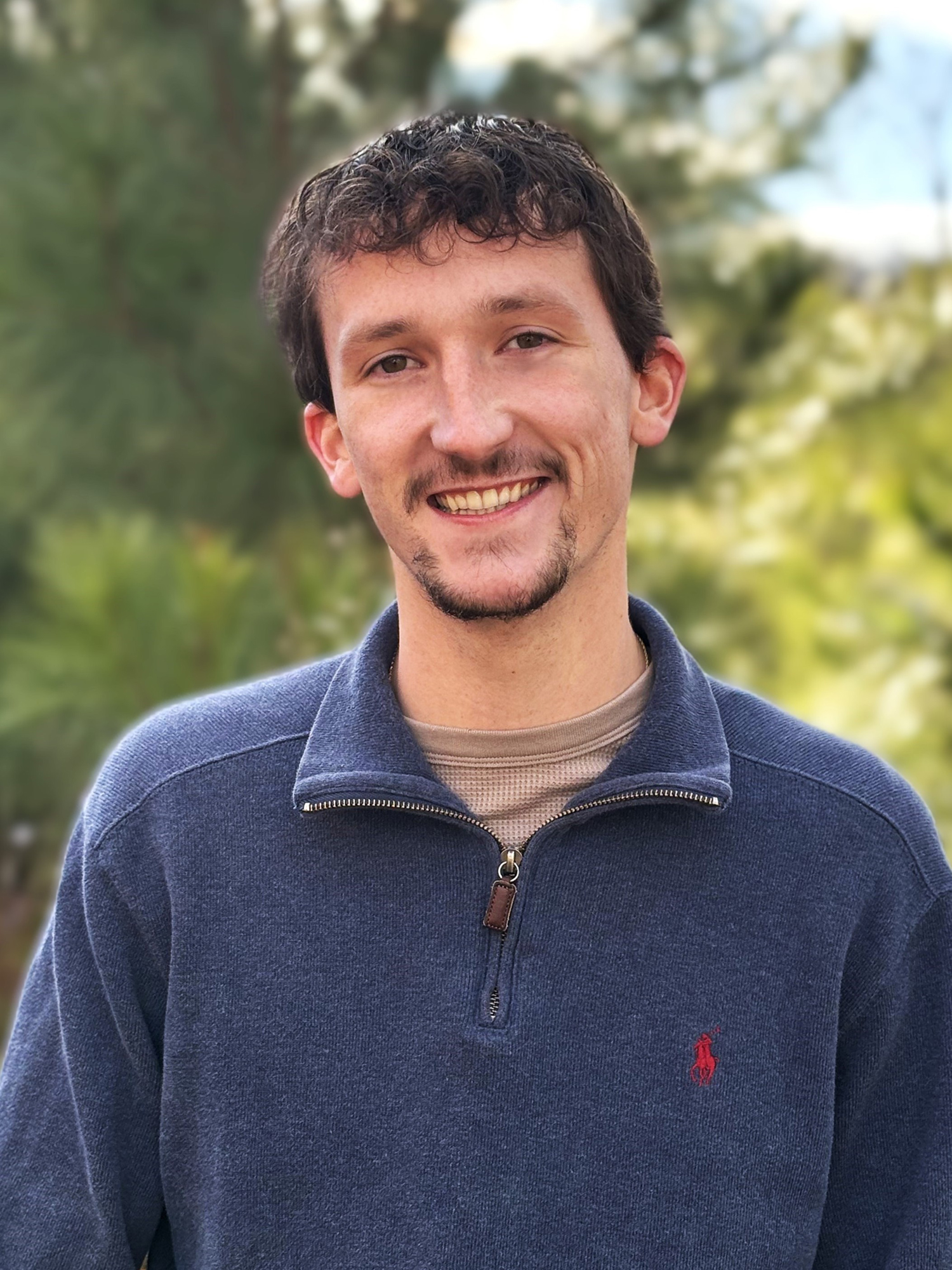
First Edition
NC State senior among inaugural class of Folger Shakespeare Library’s new undergraduate program.
Brennan Selcz spent the summer reading novels about the end of the world. He’s researching how post-World War II literature reflects people’s anxieties about atomic fallout. Though he started his time at NC State in STEM fields, Selcz, now beginning his senior year, is majoring in English and political science and applying both a scientific and humanist mindset to his research. “Science needs to be viewed as a humanistic endeavor,” he says. “We need to remember that what it’s doing is for the betterment of humanity.”
Recently, Selcz was one of 12 students from across the United States and Canada selected to participate in an inaugural undergraduate program put on by the Folger Shakespeare Library, which houses the world’s largest collection of Shakespeare’s printed works, in Washington, D.C. During the 11 weeks that it ran, students discussed readings and heard from subject matter experts from around the world. They gathered in person at the Folger library at the conclusion for a roundtable discussion and teaching on archival practice.
Selcz, a Park Scholar who is planning to pursue his Ph.D. after graduation next spring, says that learning how to use archival material was invaluable. But talking with professors about their work and learning how to transmit academic ideas to the public was just as important. “It really got me thinking about a whole different side of what academic scholarship can be,” he says. As the program was concluding, he spoke with NC State magazine about his experience and why he switched his majors to humanities.
What made you want to study English and political science?
I came to college as a math and physics double major, but I found I was more concerned with the impacts of science and the way that society understands and negotiates technological developments than I was with the science itself.
At the time I was minoring in English, and I took a class called Southern Literature with Elaine Orr. I remember sitting in class one day, and she was giving a lecture about one of the novels we were reading and talking about her background. She has a dual Ph.D. in theology and English, and she grew up as a daughter of missionaries in Nigeria. It was a really interesting moment, and I was like, How could I not do this every day for the rest of my life?
So, I shifted into an English major my sophomore year, and the political science degree came after. I am fascinated by political questions that sit at the heart of literature. A lot of the English classes I’ve taken have been around the political dimensions of texts and what makes a writer write a certain piece at a certain time, and how they are responding to the world around them. I wrote an essay this semester on Brexit and how it shapes the 21st century British literary landscape. This summer, I’m researching how religion and literature were used as cultural mediums during the early atomic age, roughly 1945 to 1967, for people to process anxieties about atomic technology.
How does this research connect to the program at the Folger Shakespeare Library?
The colloquy was on sovereignty and consent in early modern English literature. So, it was definitely outside the bounds of what I usually focus on. For a capstone project, I’m working as part of a small team on an exhibit case that will be displayed at the Folger. We’re tackling the issues of economic consent and are going to build an exhibit case about indentured servitude and the uncertainty indentured servants faced in the early modern period. The Folger has copies of indentures, and we talked about what informed consent means when people who aren’t literate sign their name on a contract.
What artifact in the museum interested you the most?
During our social consent unit Professor Patricia Matthews talked about maps as fictions. She was specifically talking about plantation maps that obscured the violence of slavery. After speaking with her, I became really interested in this idea of maps as created objects that shape the way that we view the world. We got the chance to look at a big atlas from the 17th century. It would have a depiction of a continent, and then bordering it, there would be depictions of people. Flipping through and seeing how the Europeans were not only depicting the African continent, but also the North and South American continents and the people who lived there, was an eye-opening experience. The maps were also colored in, so you could see the ways that the cartographers were intentionally rendering certain peoples to look more savage or barbaric compared to the Europeans, who are all made to look like distinguished intellectuals. It helps you see how foundations of European dominance were beginning and spreading throughout that time.
Why are experiences like this important for undergraduates?
Having access to a space where you can engage in academic discourse with people from all around the country was valuable. But so was interacting with the Folger staff. They would tell us about their career trajectories, from undergraduate to where they are now. It was really illuminating to see the breadth of what you can do with a humanities degree. A lot of times humanities careers aren’t linear. Getting to hear that was really reassuring, as most of us are toward the end of our undergraduate degrees and may not know what is coming next. It’s a good way to get people feeling like maybe they’re not as lost as they think they are.
Tell Us What You Think
Do you have a personal connection to this story? Did it spark a memory? Want to share your thoughts? Send us a letter, and we may include it in an upcoming issue of NC State magazine.
- Categories:


